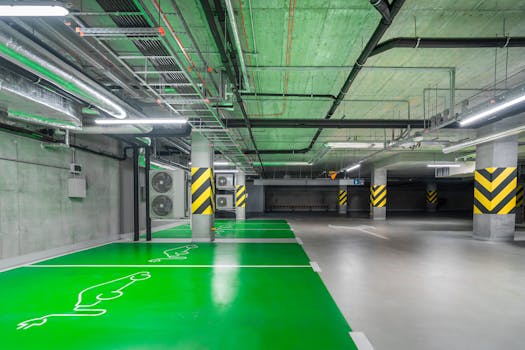
Sustainable Cities: How Europe is Shaping Eco-Friendly Lifestyles by 2025
Sustainable Cities: How Europe is Shaping Eco-Friendly Lifestyles by 2025. As the world grapples with the challenges of climate change, environmental degradation, and social inequality, the concept of sustainable cities has become increasingly important. In Europe, cities are at the forefront of this movement, pioneering innovative solutions to reduce their environmental footprint and create a better quality of life for their citizens. In this article, we will explore how Europe is shaping eco-friendly lifestyles and what we can learn from their experiences.
Introduction to Sustainable Cities
The concept of sustainable cities refers to urban areas that are designed to minimize their impact on the environment, while also promoting social and economic development. Sustainable cities are characterized by their use of green technology, renewable energy, and sustainable transportation systems. They also prioritize waste reduction, recycling, and the conservation of natural resources. In Europe, cities such as Copenhagen, Stockholm, and Barcelona are leading the way in creating sustainable urban environments.
Green Technology and Innovation
One of the key drivers of sustainable cities in Europe is the adoption of green technology and innovation. Cities are investing in renewable energy sources such as wind, solar, and biomass, as well as energy-efficient buildings and transportation systems. For example, Copenhagen has set a goal of becoming carbon neutral by 2025, and is investing heavily in wind power and biomass energy. Similarly, Stockholm has implemented a system of congestion charging, which has reduced traffic congestion and air pollution in the city.
Sustainable Transportation Systems
Sustainable transportation systems are another critical component of sustainable cities in Europe. Cities are investing in public transportation systems, pedestrian-friendly infrastructure, and cycling networks. For example, Barcelona has implemented a system of bike-sharing and electric buses, which has reduced traffic congestion and air pollution in the city. Similarly, Amsterdam has invested in a network of canals and waterways, which provide a sustainable and scenic mode of transportation.
Waste Reduction and Recycling
Waste reduction and recycling are also key components of sustainable cities in Europe. Cities are implementing recycling programs, composting initiatives, and waste-to-energy systems. For example, Stockholm has implemented a system of recycling and composting, which has reduced waste sent to landfills by 50%. Similarly, Copenhagen has implemented a system of waste-to-energy, which generates heat and electricity from waste.
Conclusion
In conclusion, Europe is leading the way in creating sustainable cities and eco-friendly lifestyles. Through the adoption of green technology and innovation, sustainable transportation systems, and waste reduction and recycling, cities are reducing their environmental footprint and promoting social and economic development. As we look to the future, it is clear that sustainable cities will play a critical role in mitigating the challenges of climate change, environmental degradation, and social inequality.




